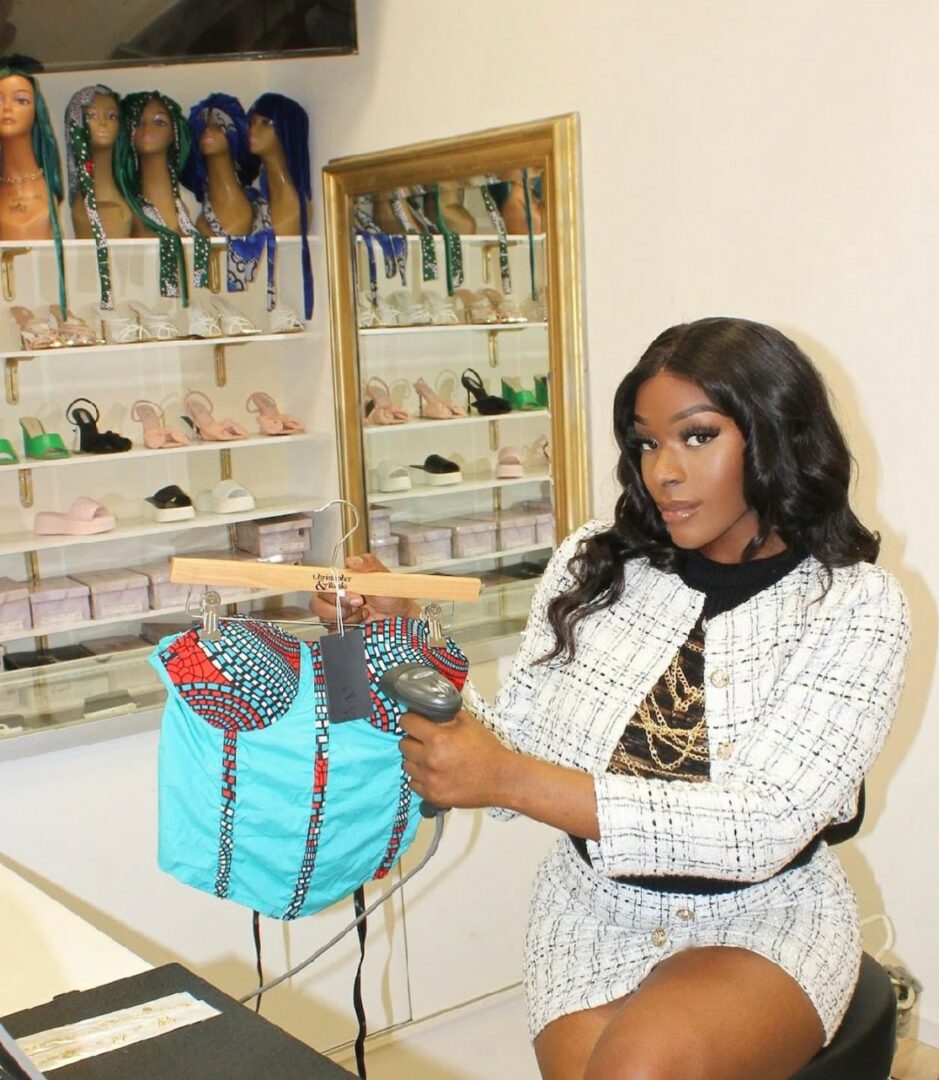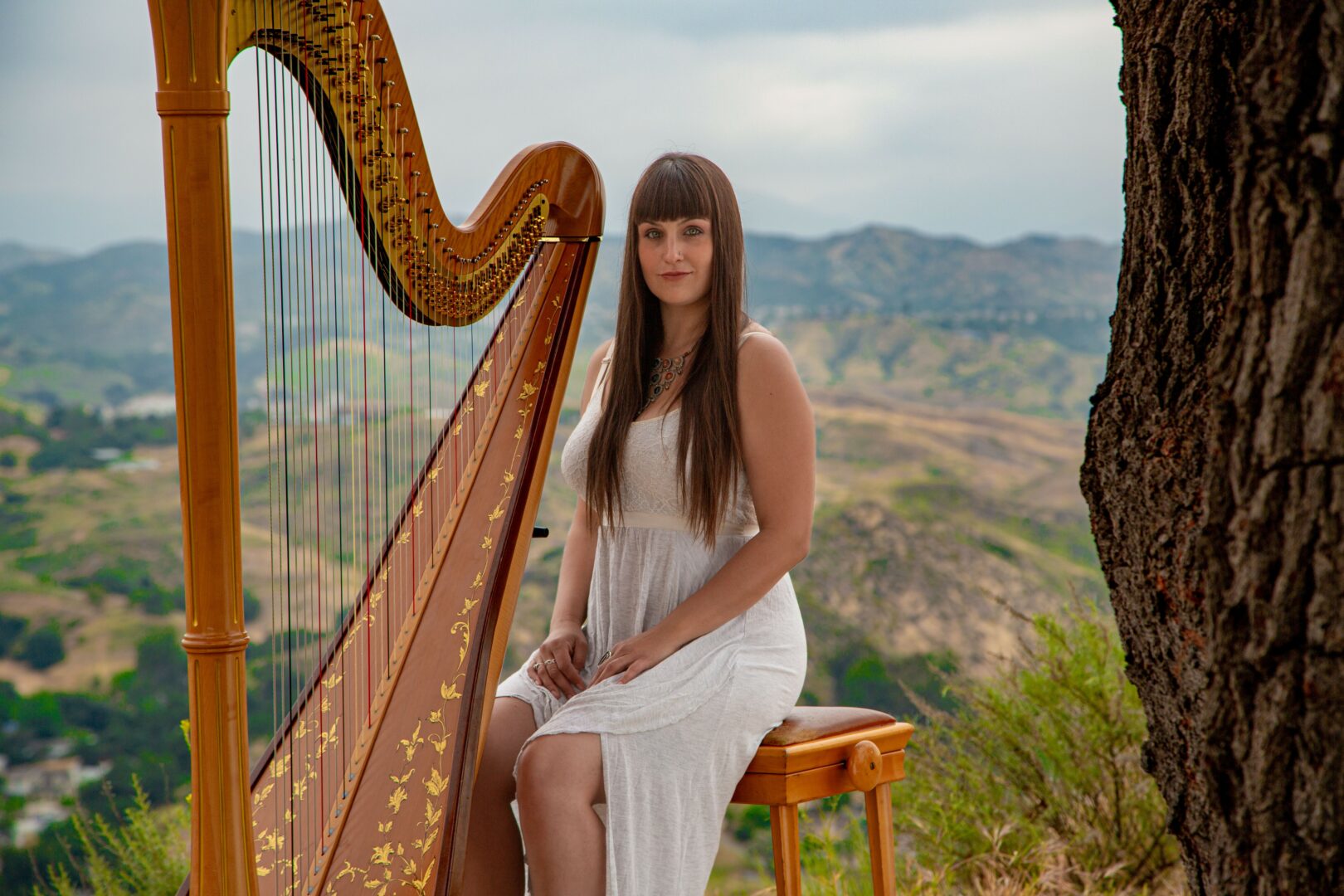Alright – so today we’ve got the honor of introducing you to Racquel Dozier. We think you’ll enjoy our conversation, we’ve shared it below.
Racquel, so good to have you with us today. We’ve got so much planned, so let’s jump right into it. We live in such a diverse world, and in many ways the world is getting better and more understanding but it’s far from perfect. There are so many times where folks find themselves in rooms or situations where they are the only ones that look like them – that might mean being the only woman of color in the room or the only person who grew up in a certain environment etc. Can you talk to us about how you’ve managed to thrive even in situations where you were the only one in the room?
Thank you for having me to speak with you. I have been in so many spaces where I was the only Black woman represented. The one that stands out the most is when I was diagnosed with lupus. When I was diagnosed with lupus, I couldn’t help but notice that I couldn’t find anyone in my town that looked like me. Although lupus affects more Black women, I seemed to be the only one I would see when diagnosed. The feeling of being in spaces that did not include people like me was scary.
Out of the necessity of wanting to know more about my disease, creativity came into play. Confidence became my armor. I began to tap into my strengths of communication and understanding to address the shortcomings of feeling isolated and alone on my lupus journey. Walking with my head held high, I began to convey a sense of self- assurance that added value to the situation I was in as a newly diagnosed Black woman. I didn’t want to blend in, I needed to stand out so that others wouldn’t feel the isolation and fear I did.
Because I was newly diagnosed, maintaining a positive attitude became my secret weapon. In the face of health challenges, I chose optimism. This positivity didn’t just influence my own outlook, but it also began to permeate the atmosphere in lupus communities as I worked to create a more inclusive environment.
Education became a two-way street. While I educated myself on my own lupus diagnosis, I also took the opportunity to share my own story and experiences. This dual way of learning, fostered a sense of inclusivity, breaking down barriers within my local lupus community.
So, I began setting clear goals and working towards them became the roadmap to me generating important awareness about lupus. Each achievement, no matter how small, contributed to the narrative of my impact in an organization that I created called Lupus In Color. Success in spreading lupus awareness, I realized, was not solely determined by my own story but by the education, inspiration, encouragement and empowerment I brought to the table for others to glean from. It was about helping other lupus thrivers to be seen, heard and completely understood as they fought daily for their lives. Learning how to be effective in spreading lupus awareness in spaces that rarely featured someone like me became a passion that continues to this day.
20 years ago, not being able to identify with anyone I came in contact with that had lupus was a gut punch. I often had to fight the urge to shrink and apologize for not understanding issues. When I first started advocating for myself and others my voice, normally strong, would waver and my hands would tremor.
But somewhere between then and now, the air had shifted. Perhaps it was the sleepless nights in pain, the walking zombie moments with no direction or even the tireless hustle to get more information about how to beat lupus. Maybe it was the quiet defiance against lupus and all the issues it brings. Or maybe, just maybe, it was the realization that I wasn’t the only one feeling lost with an intense desire to create safe spaces for those like me.
Today I walk in a strong march to victory to spread lupus awareness instead of retreat because I saw no one like me. The silence of how lupus affected Black women didn’t suffocate me. It actually amplified the clarity of my vision. My voice in advocacy today resonates with authority, each word a brick laid as a foundation for those underrepresented in the lupus community. Not only do I share my story to empower others, I share the stories of others to encourage and help those who may feel voiceless.
It hasn’t been easy. There are still moments of bias, racism, microaggressions, patronizing pats on the shoulder, gaslighting statements and subtle slights disguised as backhanded compliments. But I’ve learned to navigate it all becoming a chameleon when needed and a woman to be heard and understood often. I’ve found mentors in unexpected corners of networking and most importantly, I’ve learned to never underestimate the power of my own voice.
Being the only one in spaces where there should be much more, isn’t just about the discomfort of it all, it’s about the responsibility. You carry the weight of countless others who walked the same path, shoulders a little lower, voices a little softer. You become a beacon, a testament to the fact that even in the starkest solitude, success can bloom.
So, I sit at the head of the table sometimes, not as a lone figure, but as a representative. Of every person who dared to dream big beyond lupus, of every person who fought to be heard and understood, of every face that didn’t see themselves in lupus spaces. And when those meeting ends, and their murmurs of understanding fill the air, it’s not just my victory, it’s a collective triumph. A reminder that even in the echo of solitude, our voices can be the loudest roar in spreading lupus awareness.
Now, being in those spaces where representation is minimal, is no longer heavy. It’s pregnant with potential. Because when I step into those spaces, I bring a word of change and a testament to the fact that even when you’re the only one, you are a beacon, not just for yourself, but for everyone who ever felt lost and unseen. Because in the quiet corners of those lonely lupus spaces, where doubt whispers, resilience blooms, and even the one who is fearful can be the most fearless in the pursuit of making a difference.
Great, so let’s take a few minutes and cover your story. What should folks know about you and what you do?
I would say the most important things to know about me is that I am an innovative go-getter. I am a Lupus Thriver, Advocate and Educator. I was diagnosed with Systemic Lupus Erythematosus in 2004 and that halted my life. Once diagnosed I realized that there was little to no support or access to information about lupus for Black women so I quickly educated myself as to what sort of life changes I would need to make. I also worked hard to find out how to treat my new found disease. When I realized that my story could touch another person, who may feel afraid after a lupus diagnosis, I understood I could help others with lupus and educate the world about lupus. This is when I created Lupus In Color, an international support, education and advocacy group.
Founding Lupus In Color put me on a mission to support and empower men, women and children on their lupus journey. I have created a space where those with lupus and other chronic illnesses feel seen, heard, supported, validated and completely understood!
By trade I am a former social worker, teacher and counselor. I am currently an author, entrepreneur and true advocate for the lupus community.
If you had to pick three qualities that are most important to develop, which three would you say matter most?
The three guiding lights on my journey are curiosity, adaptability and empathy. Curiosity with grit is a must. A journey, whether physical or metaphorical, thrives on a relentless curiosity. It’s the compass that points you towards new paths, the fuel that keeps you learning, and the spark that ignites transformative experiences. But curiosity needs a partner, grit. Grit is the unwavering determination to persevere through challenges, the resilience that bounces back from setbacks, and the unwavering belief that the destination, even if unknown, is worth the climb.
Adaptability with resourcefulness can make your or break you. The world throws curveballs, and journeys are rarely linear. That’s where adaptability comes in. It’s the ability to navigate unexpected turns, adjust your sails to changing winds, and find creative solutions to unforeseen obstacles. Pair this with resourcefulness, the art of making the most of what you have. To hone these skills, you have to step outside your comfort zone. Remember, sometimes the most beautiful parts of the journey are the unplanned ones.
Empathy with openness sets the scene for everyone around you. Every journey is enriched by the connections we forge and the relationships we create. Empathy, the ability to understand and share the feelings of others, opens doors to deeper relationships, enriching your experience and leaving a positive trail behind. When you add openness, the willingness to listen to different perspectives, embrace diverse cultures, and learn from those around you. To cultivate these qualities, you have to practice active listening, engage in meaningful conversations, and step outside your own bubble
For people just starting their journeys, remember: growth is a continuous process, not a destination. Embrace the stumbles, celebrate the small wins, and trust the power of these guiding lights. Your curiosity will lead the way, your adaptability will see you through, and your empathy will make the journey even more meaningful.
One of our goals is to help like-minded folks with similar goals connect and so before we go we want to ask if you are looking to partner or collab with others – and if so, what would make the ideal collaborator or partner?
My ideal collaboration would be to work with passionate professionals in the fields of mental health, medicine, insurance and disability law. As I work through Lupus In Color to be a supportive force, I believe these collaborations would benefit the lupus community most. So, whether you are a mental health expert, doctor, or disability lawyer, your expertise is invaluable in making a positive impact on the lives of those affected by lupus. If you share the commitment to empowering and advocating for individuals with lupus and others chronic illnesses, I invite you to collaborate with Lupus in Color. Please contact me at racquelhdozier@lupusincolor.
Contact Info:
- Website: www.lupusincolor.com
- Instagram: instagram.com/lupusincolor
- Facebook: facebook.com/lupusincolor
- Twitter: twitter.com/lupusincolor
- Youtube: youtube.com/lupusincolor











